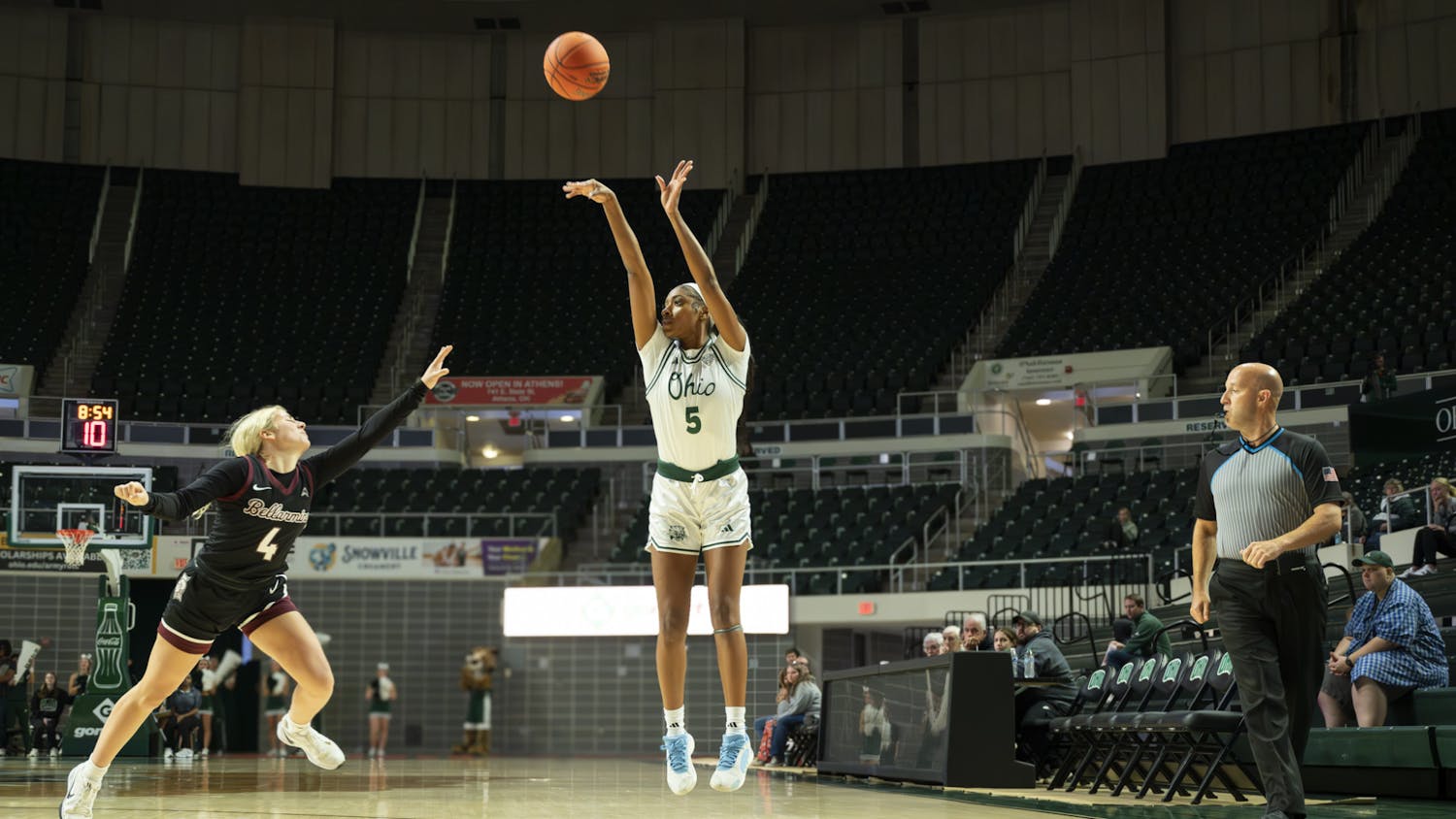As Judge Amy Coney Barrett advances to the final vote of confirmation for the Supreme Court, many Conservatives embrace Barrett as setting a new standard for feminism. Many pro-life feminists such as legal scholar Erika Bachiochi have said that Barrett has brought a “new kind of feminism,” focusing on “common responsibilities, particularly in the realm of family life.”
Feminism is defined as the theory of the political, economic and social equality of the sexes, but the stereotypical model of a modern feminist would identify as liberal and pro-choice. This causes many women who are neither of the two to believe that they are not feminists because their political beliefs do not align with the movement.
In a Vice News Round Table Debate, five out of nine women interviewed identified as a feminist. The women who did not identify as a feminist claimed that this is because they do not agree with the current movement’s agenda. It did not involve equal rights issues. These women claimed that the modern-day feminist movement has been exclusive against women of color, trans women, and women who identify as conservative and pro-life.
The modern-day feminist movement needs to do more to include all women. We cannot exclude conservative women, women of color, and transwomen any longer. If the movement continues to focus on individual agendas and rejects women who do not agree with them, then the movement will not expand and we will be divided even further.
This is not the first time the feminist movement has been judged for ostracizing certain types of women. These critiques date back to the first waves of feminism. The second wave of feminism took place between the 1960s and the 1980s. The dominant issues focused on sexuality and reproductive rights during this time. Despite the progress of the movement, many criticize the second wave for being exclusive against women of color, homosexual women and transwomen. This wave only promoted a singular understanding of a woman and her experiences.
The upcoming confirmation of Barrett has also brought attention to the divide between liberal and conservative feminists. A key issue between the two groups is the right to abortion. Many conservative feminists focus on choice or allowing women to support whatever policies they choose. This excludes certain reproductive rights like abortion.
We must have a separation between political party beliefs and feminist beliefs. We cannot let individual agendas like reproductive rights divide the feminist movement. Instead of using partisanship to divide women into liberal and conservative feminists, we must come together on common issues like the pay gap and violence against women.
Many conservatives have condemned democrats and other feminists for not supporting the nomination of Barrett, as she is a woman in office. They argue that feminists should support all women in all ventures, whether or not they agree with their beliefs.
I am a feminist and encourage more women to hold political power, however that does not intertwine with feminism. I do not automatically support Barrett for the sole purpose that she is a woman. I support politicians who align with my political ideals. My political party has nothing to do with my support of equality between the sexes.
The movement cannot be divided any longer. We live in a world where nearly one in five women experiences completed or attempted rape. One in three of those victims experienced rape between the ages of 11-17 years old. We live in a world where women still make 81.6 cents to every dollar that a man earned, according to the United States Census Bureau in 2018. At the current rate, it will take until 2059 for women to achieve equal pay. Feminists of all political parties, backgrounds and intersections need to come together on these important issues for anything to be accomplished.
The modern-day feminist movement has made great progress toward equality, but we must do better. We must do more to include all women, regardless if they agree with individual political beliefs. As long as we are divided and the movement remains exclusive, equality between men and women may never be achieved.
Hannah Campbell is a freshman studying journalism at Ohio University. Please note that the views and opinions of the columnists do not reflect those of The Post. Do you agree? Tell Hannah by tweeting her at @hannahcmpbell.





